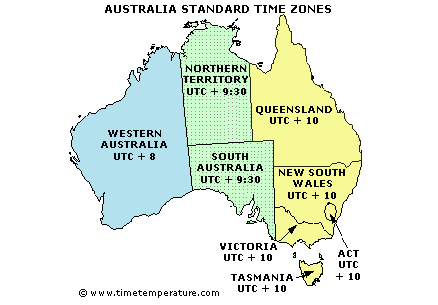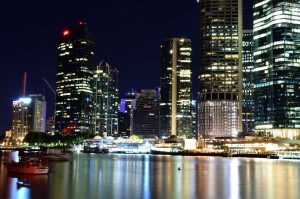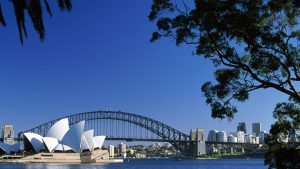Brisbane Local Time


Brisbane, located in Australia, is 10 hours ahead of Greenwich Mean Time and does not observe daylight saving time.
Brisbane celebrates public holidays at Easter, Christmas, and New Year’s, in addition to hosting its own annual Brisbane Festival in September.
Table of Contents
Time zone
If you’re traveling to Brisbane, Australia, a time zone converter can provide this information online.
This website provides current time and date in Brisbane local time as well as providing a brief description of its time zone. In addition, weather conditions, sunrise/sunset/moonset/moset cycles as well as moon phases are covered here.
Brisbane lies within Queensland, which shares its time zone with New South Wales, Victoria and the Australian Capital Territory. AEST begins 10 hours ahead of Coordinated Universal Time (UTC). This timezone covers Brisbane as part of Queensland.
Daylight saving time is not practiced in Brisbane; however it is observed in New South Wales, Victoria, Tasmania, the Australian Capital Territory, Norfolk Island and Lord Howe Island.
Western Australia, Christmas Island or Cocos (Keeling) Islands do not fall under its scope.
Australian territories of ACT and Jervis Bay Territory operate under Australian Central Standard Time (ACST), an alternative timezone equaling Coordinated Universal Time plus 9.5 hours (UTC+9.5).
People often ask why there are different time zones across the United States, which is an intricate matter, but one solution could be that each state and territory prefers its own time zone.
Daylight saving time
Daylight saving time (DST) in Brisbane involves moving clocks back by one hour on the first Sunday in April and forward by an hour on October 1, until they switch back again the following week; sun rises later and sets earlier as result of this adjustment.
Australian states observing daylight saving time include New South Wales, Victoria, the ACT, Tasmania and South Australia – with Queensland, Western Australia and Northern Territory sticking with standard time year round.
At 3am on Sunday, April 2, clocks across these states and territories will go back one hour to Australian Eastern Standard Time (AEST). On the first Sunday in October they’ll advance one hour back towards AEST allowing people an additional hour of sleep.
Brisbane Lord Mayor Adrian Schrinner wants to reintroduce daylight saving ahead of 2032 Olympics, believing most residents in Queensland would support his plan if put to a vote. Furthermore, having uniform east coast timezones all year would facilitate business interstate more easily while giving more daylight hours for leisure and work later in the day.
Reviving debate in Queensland over this contentious idea has reignited debate, as a university study shows majority support among Queenslanders despite opposition from state government and some regional areas. Mr Schrinner believes it’s time for new dialogue.
Daylight savings time in Brisbane
Daylight Saving Time (DST) refers to the practice of setting clocks one hour forward during warmer months in some states – New South Wales, Victoria, South Australia, Tasmanian Capital Territory and Norfolk Island all observe daylight saving time; it does not occur in Western Australia, Northern Territory and Queensland.
Brisbane lies within Australia’s Eastern Standard Time zone, which is 10 hours ahead of Greenwich Mean Time and features local times at 2am in October and 3am in April.
Lord Mayor Adrian Schrinner is pushing for a referendum to decide whether daylight saving should return to Queensland after its 30 year trial run, since millions of residents have never been asked their opinion directly on the subject.
He reported on Tuesday to ABC radio that more than 70% of residents living in South-Eastern Queensland, where over half the population lives, support Daylight Saving Time’s implementation. DST would make interstate business easier as well as give people extra hours of daylight for leisure and work after 6:00 a.m.
Mr Schrinner claimed that many Queenslanders did not get a voice in adjusting time zones in the previous referendum, held 30 years ago, with millions under 48 not voting in it.


